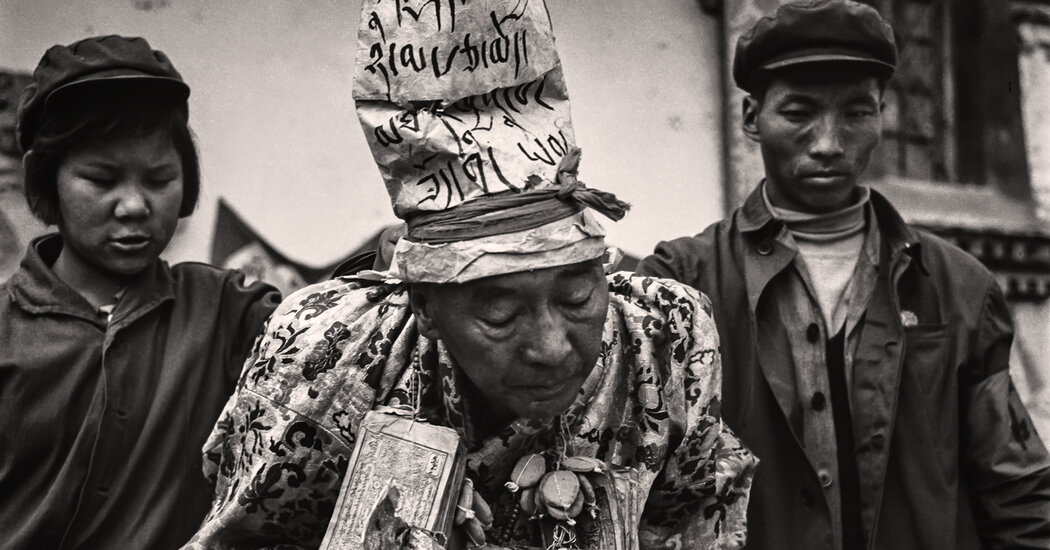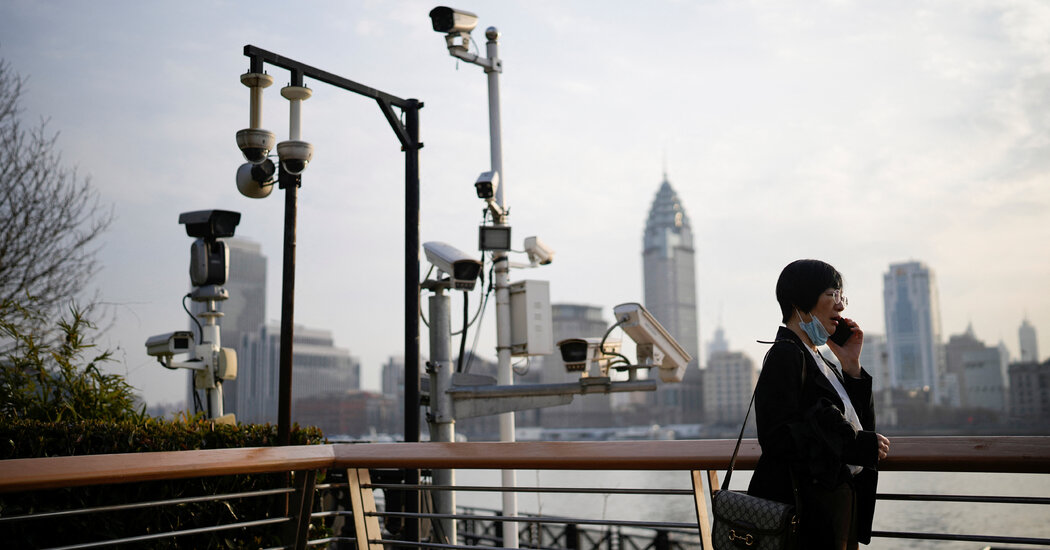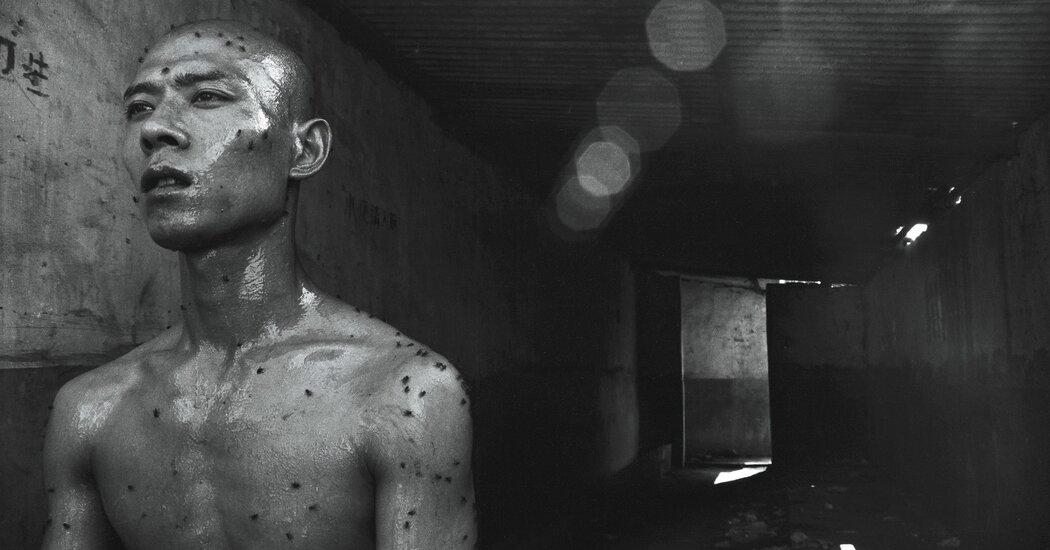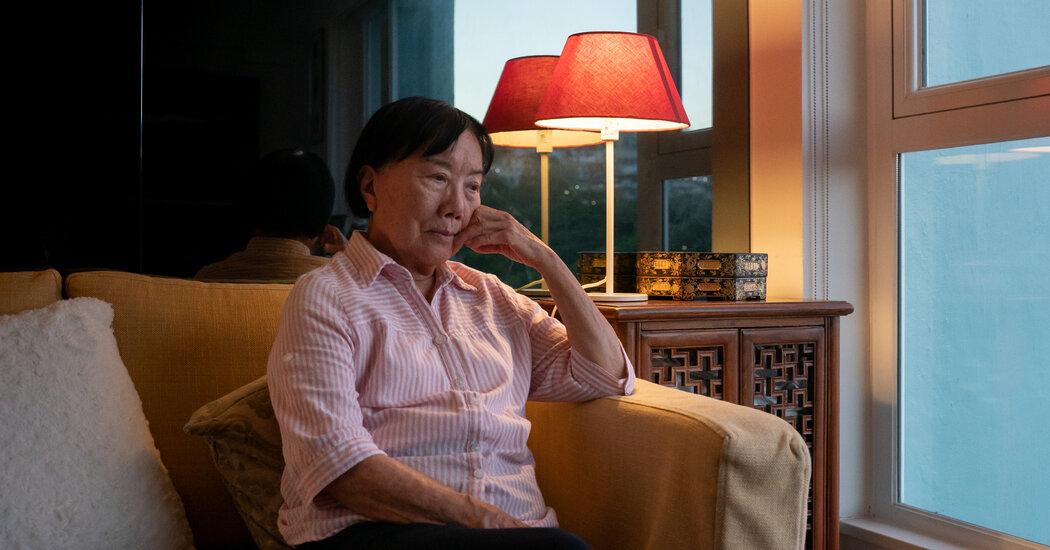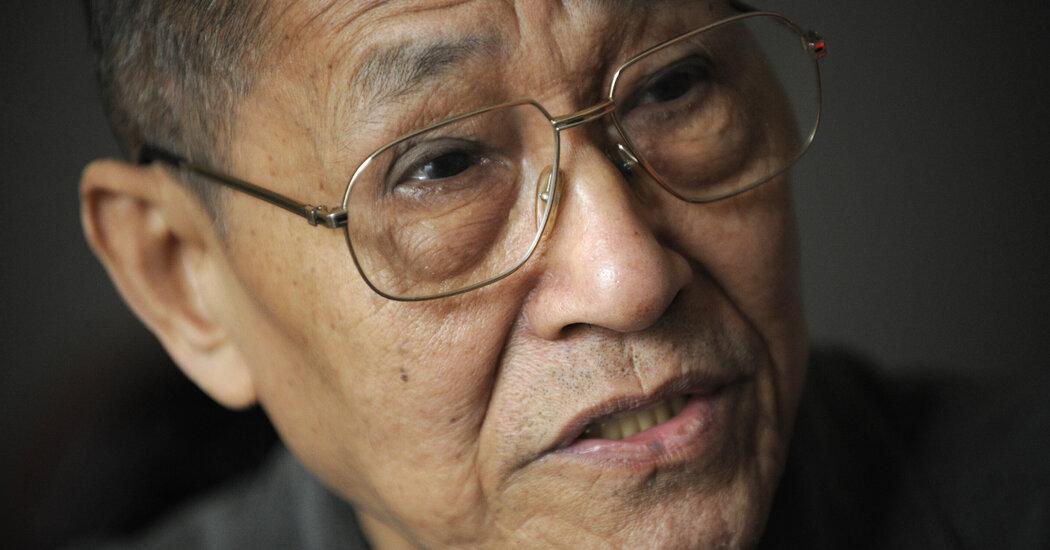SPARKS: China’s Underground Historians and Their Battle for the Future, by Ian Johnson By now, it is almost clichéd to compare political misrule to the dystopia that Orwell conjured through the story of the low-ranking functionary Winston Smith in “1984,” but so many aspects of the novel have come true in today’s China — from mass surveillance to fury-inciting demagogy to President Xi Jinping’s declaration that the Communist Party’s rule is “the conclusion of history” — that it may appear to preclude, as it ultimately did for Smith, the possibility…
Tag: Cultural Revolution
China to Its People: Spies Are Everywhere, Help Us Catch Them
Beijing sees forces bent on weakening it everywhere: embedded in multinational companies, infiltrating social media, circling naïve students. And it wants its people to see them, too. Chinese universities require faculty to take courses on protecting state secrets, even in departments like veterinary medicine. A kindergarten in the eastern city of Tianjin organized a meeting to teach staffers how to “understand and use” China’s anti-espionage law. China’s Ministry of State Security, a usually covert department that oversees the secret police and intelligence services, has even opened its first social media…
In Chinese Photography, Political Anguish Made Physical
WASHINGTON — Chinese photography erupted with creative energy in the early 1990s, only to subside about a decade later. It was a period of anxious uncertainty. The encouragement of capitalist practices and the partial easing of restrictions on political and artistic expression of the ’80s had ended abruptly and tragically with the Tiananmen Square massacre of June 4, 1989. By 1992, it was apparent that economic reforms would continue full throttle, but the political relaxation of the ’80s would not. In that troubled time, there was an outpouring of artistic…
She Witnessed Mao’s Worst Excesses. Now She Has a Warning for the World.
In 1955, not long after Ms. Chen joined the Central Film Bureau, Hu Feng, a well-known Chinese Marxist writer, was detained for penning a report arguing that literature should allow for greater expressiveness. His words triggered a purge that rippled through Ms. Chen’s circle of friends and colleagues, some of whom were accused of being part of Mr. Hu’s “counterrevolutionary clique.” Then, unexpectedly, Mao began to welcome criticism of the party, urging a “hundred flowers to bloom,” a phrase meant to encourage people to speak up and criticize the party’s…
Bao Tong, 90, Dies; Top Chinese Official Imprisoned After Tiananmen
Mr. Bao’s wife, Jiang Zongcao, died on Aug. 21 at 90. Their deaths have been widely mourned by friends and supporters in China, although official media have not mentioned the deaths and social media sites have tried to stifle the news. Bao Tong was born on Nov. 5, 1932, in Haining, Zhejiang Province, in eastern China, the third of six children. His father, Bao Peiren, a manager in an enamel products factory, and his mother, Wu Heng, a homemaker, immersed their children in learning. The family fled the Japanese invasion…
‘Beijing Spring’ Review: The Politics of Aesthetics
Can art effect real change in the world? To this ever-urgent question, “Beijing Spring” — a new documentary about the titular movement for democratic expression that exploded in the wake of the Cultural Revolution in China — responds with a resounding yes. Directed by Andy Cohen with Gaylen Ross, the film focuses on the Stars Art Group, a collective of self-taught practitioners who seized on the tumult after Mao Zedong’s death in 1976 and deployed their art like Molotov cocktails. They circulated their paintings and literature via underground magazines; papered…
